Does Kathleen Stock have a problem with definitions?
I mean, as a uni professor, she certainly should not. Yet, in an interview in Prospect magazine published just a couple of days ago, I am beginning to wonder.
Kathleen’s definition of transphobia for example – with Prospect reporting her saying: “Transphobia involves irrational fear of or aversion to trans people“.
Yet Google and Oxford languages define transphobia as the “dislike of or prejudice against transsexual or transgender people“.
A significant difference that: Fear – dislike – prejudice.
Kathleen is a beautiful lesbian – yay!
But in that case, is her definition of homophobia the fear of gay folk?
And did her former students have the grounds to “fear” her?
I think all reasonable people would think not.
And then we get to Prospect’s topic – “Trans people in the UK need better access to healthcare“
Kathleen’s reply?
I quote exactly:
A simplistic story is promoted by influential LGBT organisations. This says that trans people are at exceptionally high risk of suicidality. For instance, in evidence to parliament in 2021, the campaigning group Mermaids claimed 50 per cent of trans-identified children waiting for medical support attempt suicide. The alleged phenomenon is said to stem from societal transphobia, and failure of society to affirm inner gender identities. It’s argued we could alleviate the problem if we decided to speed up the acquisition of gender recognition certificates (GRCs); increase the ease with which people can access cross-sex hormones and surgery; remove all references to sex from bureaucratic processes; and so on.
This story, though harmfully distorting, contains a germ of truth. It is true that suicidality is higher in trans people than average. For instance, according to Oxford sociologist Michael Biggs, in the past decade there have been four deaths by suicide of patients at the Tavistock Gender Identity Service. That’s an annual suicide rate of 14 per 100,000, five times higher than the overall rate, though it doesn’t easily square with the 50 per cent figure for attempted suicide that Mermaids claim. It’s important to work out why mental health issues generally are higher in this population.
One important clue is that identifying as trans and certain mental health issues seem to cluster together: for instance, eating disorders, depression and autism. Each of these conditions individually increases likelihood of suicidality—especially in females. Once again, sex matters. Trans people urgently need less politicised and oversimplified stories about their mental health, and more sensitive analyses and treatment.
Does Kathleen understand the meaning of the word “healthcare”?
Um, I wonder.
But just in case you, the reader, come from planet Zogg, Google report the definition being “the organised provision of medical care to individuals or a community“.
The question was clearly an invitation to condemn the long waiting times for trans healthcare that can run into six or more YEARS. And it is this wait that sometimes leads to suicide, not the fact that some folk are trans.
And in regards to numbers and percentages, let’s be clear.
A French government minister said trans folk suffer seven times higher suicide rates – and it has indeed been suggested to be ten times higher in the US.
The Intercom Trust in their report Trans Voices Gender Identity in the Southwest reported that nearly 1 in 2 respondents had experienced suicidal thoughts. This was a very significant report taking in a very large geographic area within the UK and age groups from 16 to 80 – hardly “kids”. Their report, which was conducted on behalf of the NHS, was submitted back in May of this year.
But when talking about healthcare Kathleen, could have said that if GP’s issued hormones, many of the trans healthcare issues would be resolved.
She could have said the waiting times are an utter disgrace.
She could have said we need more GIC’s urgently – but she did not.
There is a big difference in the definition of “suicide” and “healthcare.”
Except, perhaps – if you are Kathleen Stock.




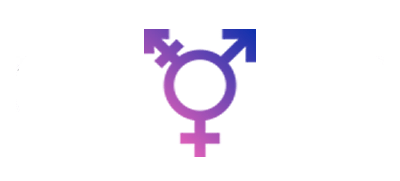
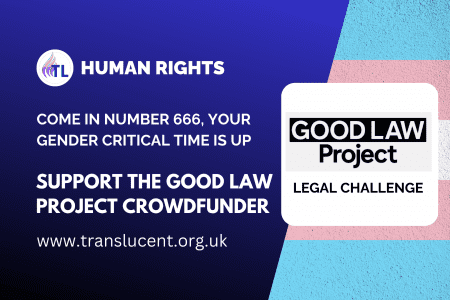
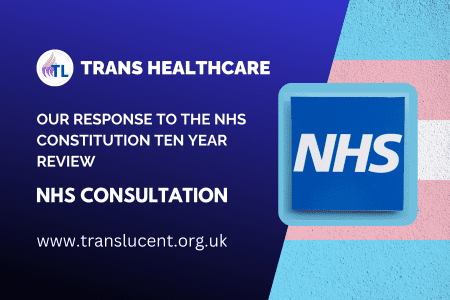
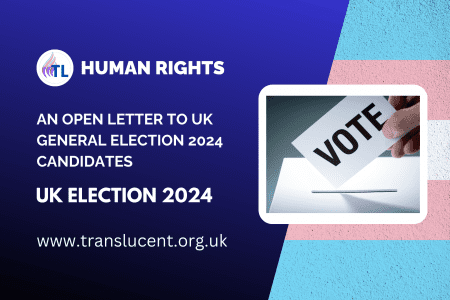
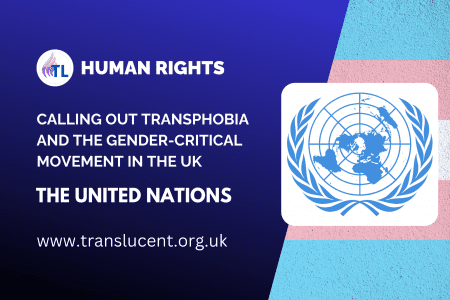
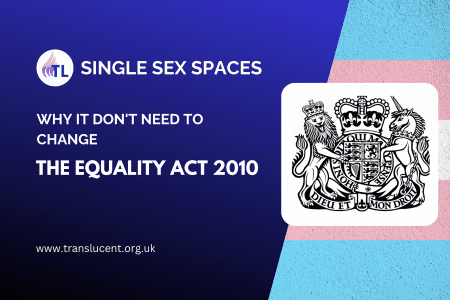

 To provide the best experiences, we use technologies like cookies to store and/or access device information. Consenting to these technologies will allow us to process data such as browsing behaviour or unique IDs on this site. Not consenting or withdrawing consent, may adversely affect certain features and functions.
To provide the best experiences, we use technologies like cookies to store and/or access device information. Consenting to these technologies will allow us to process data such as browsing behaviour or unique IDs on this site. Not consenting or withdrawing consent, may adversely affect certain features and functions.